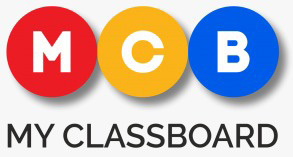
Wow Science !
Pedagogy & Experiential Learning:
NIS has always believed in prioritizing the cultivation of human values in children to create a strong foundation for our future thinkers and leaders. In a world increasingly dominated by machines, nurturing these values is an essential skill for the future. We firmly believe that when primary students engage with core subjects through hands-on, experiential learning, they become more collaborative, agile, and creative, truly embodying the spirit of the Cambridge Learner Profile.
Adopting New Technology:
NIS has always been in the forefront of technological adoption and we took another step in that direction by adopting an innovative teaching tool provided by Tinker Village. Based on the 5E model (Engage, Explore, Explain, Extend, and Evaluate), each student was provided with materials and a log journal to Predict, Observe and Record allowing the students to link the concepts to real world applications.
Tinker Village:
Our Grade 4 children were particularly enthusiastic about the experiential learning activities. They carefully matched the items with the checklist, wrote down their initial predictions, and then built the particle models. The syringe and plunger activity was a highlight for them, providing practical insights into particle arrangements and properties of matter. Additionally, they drew some fascinating particle arrangements of solids, showcasing their understanding and creativity.
States of Matter:
With the Tinker Village teaching tool, the students were introduced to the concept of Particle arrangement of States of matter. They explored how solids, liquids and gases are made up of particles that are arranged differently. They began by creating models using thermocol balls, thread, toothpicks, and a glass to visualize particle arrangements in the three states. Next, they carried out a compression experiment using the plunger of the syringe, where they observed that gases could still be compressed when the other end was blocked, unlike water, which resisted compression. The enthusiastic participation from the students made the lesson both memorable and impactful.











